Our phones today function as second brains. They have the power to connect with nearly anybody, anywhere on the face of the planet, through email, social media, or a phone call. They possess the capacity to browse the Web, contact nearby cell towers, and even receive emergency national broadcasts from certain (wink-wink) Presidential figures. Almost every mobile camera is DSLR-level quality — in many cases, better than DSLR quality — and, on recent models, your phone mic is usually good enough to hear a pin drop on the other side of the room.
And that’s just the intended functionality. Apps like Transit scrape real-time vehicle location updates, telling you when the next bus will arrive down to the minute. Automate allows you to create visual code scripts that automatically execute when particular conditions are met, in essence turning your phone into a programmatic powerhouse. DreamLab uses your phone’s idle processing time to help fight cancer, and these are just a few of the thousands of unique and innovative software solutions that exist on the Web.
Carrying a phone opens up an entirely new dimension — the digital dimension — and allows you to learn, document, and communicate in ways our predecessors never could have imagined
… so then why do most people allow their phones to use them, instead of the other way around?
Why, when given more power and capability than a 1960’s era man could have dreamed of, do we allow them to limit our potential rather than extend it?
With attention spans decreasing, productivity going down the tubes, and depression & anxiety on the rise (which science has linked to mobile phone usage), it’s clear that what we’re doing right now isn’t working. But I think there’s a better way.
The truth is, people simply aren’t aware of the opportunities they hold in their palms. It’s 2020 — information overload is a real problem, and it’s hard to act better when you’re not aware of the possibilities.
What follows is a handy guide containing six phone optimization tips that I personally used to fix my bad phone habits. Six life-changing tweaks that can keep you using your phone, instead of the other way around.
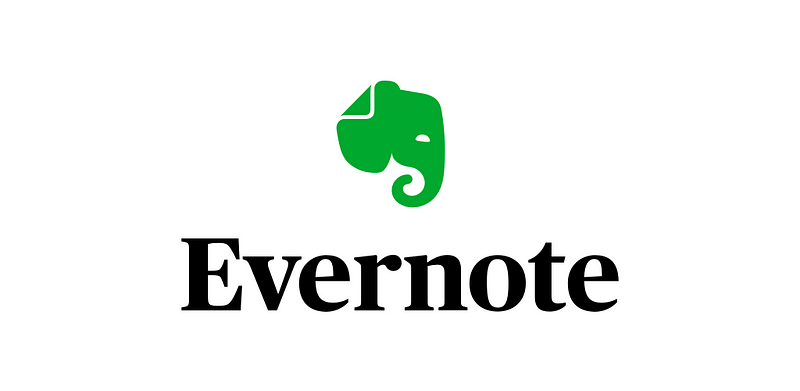
Newsflash: human memory is faulty.
First, each time a memory is recalled, it changes slightly to accommodate new information. This is termed creative reimagination, and is an active process that involves a mixture of your old memory, the current emotional context, and your environment.
Two, your memory prioritizes highly emotional situations over potentially more boring ones (university lectures, anyone?) leading to a disproportionate reflection of reality. This is why most people remember where they were during their first breakup, or what they were doing when they learned about 9/11. The process is termed flashbulb memory, and it’s aptly named — emotional experiences “light up” your memory center, giving history a vivid (but unrealistic) slant.
And three, your memory just isn’t that good. Most people only remember a fraction of what they learn on a day-to-day basis, because human encoding capacity has a fundamental limit.
Instead, I propose a drastically different option: go digital. Offload your clumsy human memory to the cloud with Evernote (or an equivalent), a modern note-taking app that lets you insert and retrieve information in seconds.
Our phones aren’t privy to the same biological limits our brains are; there’s no creative reimagination, no flashbulb memory, and nearly perfect information fidelity once data is in the system. Whereas normally a traditional memory might take several minutes to create, with Evernote it takes me less than five seconds — I just whip out my phone and say something like “take a note: cows have four stomachs”. Boom. Done.
In essence, Evernote allows you to “extend” your memory — much like using a second hard drive on a computer — by providing an alternative storage unit. One that’s faster, more efficient, and more networked than your biological one. It’s kind of like a mini-Google, except one that exists just for you. And because it’s indexable, includes OCR, and exists across all devices, “retrieving” a memory is an absolute breeze; just type a memory stem or sort by date.
With mobile phones in nearly every pocket on the planet, and (soon to be) universal adoption of streaming data services like 4G+, like it or not, your phone is a part of you now. It’s a huge component of how we live, and in many cases we consider it a second brain. So why not start acting like it? Extending your memory with Evernote basically gives the human source code an update, and it’s an update that takes literally minutes to install.
Check this article out for in-depth information on how to get started using Evernote for memory.
Download it here, and get a free month of Evernote premium.
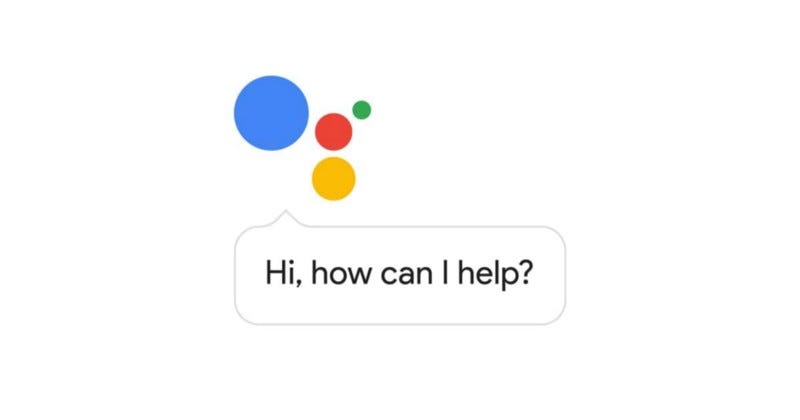
Since we’re on the topic of offloading human memory, here’s another great opportunity to do so: use your virtual assistant.
In 2020, pretty much all of us have literal secretaries in our pockets. If you want to book an appointment, for example, all you have to do is tell your phone “remind me on January 4th, 12pm to meet Jason for coffee”, and it’ll pen it down in your calendar. A non-arbitrary time later (depending on your calendar settings) you’ll receive a nice timely reminder telling you when & where to meet,
Soon, our virtual assistants will be making calls for us, too. Google debuted Duplex at their mid-2018 I/O conference, and the ramifications of their technology have already rocked the world.
Duplex is a virtual assistant framework that includes an incredibly realistic voice, real-time booking capabilities (it will literally call on your behalf), and the ability to adapt to changing contextual cues in conversation. That’s right — it can literally speak for you, and it sounds virtually indistinguishable from a human being.
Only a few select groups have access to it now, but Google will open it up to the general public over the course of the near-future. My take? Technology like this is inevitable in civilization’s march forward, so you’d better learn to use it now rather than later.
Check out this guide to learn how to use Google Assistant better. If you’re an Apple user, try this.
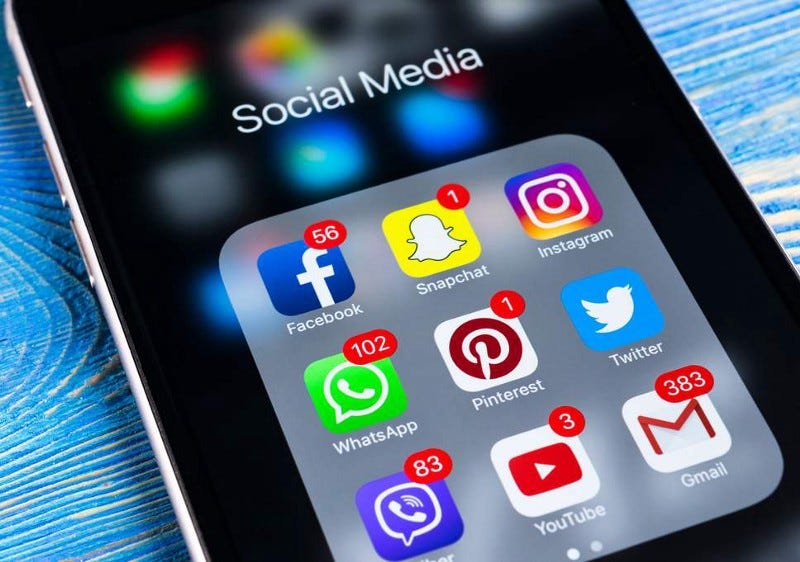
There are two sides to every coin, and the same goes for social media.
The good: it lets us connect with people all over the world, see updates on their life, share photos and videos, and put a pulse to collective human consciousness that former generations only dreamed of.
The bad: social media can consume us. It wisps away our time and attention, ultimately decreasing the quality of our individual lives in exchange for increasing the richness of our collective ones.
I don’t see it as a strict negative, as many other people do. I acknowledge that it has been instrumental in humanity coming “online”, and acting as a kind of repository for human information. But from a productivity perspective, social media is the bane of modern human existence: it’s a low-effort, high-dopamine highway to hell.
My advice? Leave it at home. Ditch Facebook, Instagram, LinkedIn, Tinder, WhatsApp, Messenger, Twitter, Snapchat, and any other social media app that currently makes residence on your phone screen, and relegate them to your laptop or desktop computer instead. This way, while out and about, you won’t be tempted to use your phone like a mindless zombie (like everyone else) and will, quite by force, have to use it productively instead.
If you’re not willing to make the full jump right away, try using an app like SelfControl (which you can download here) to limit your social media usage for you.
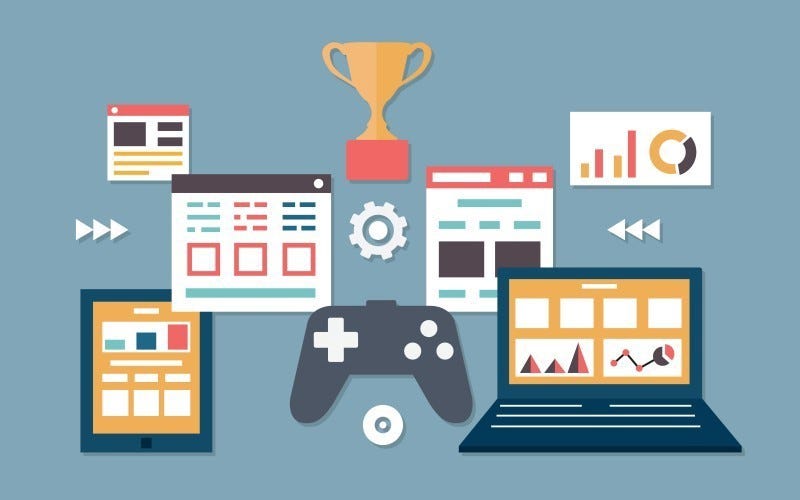
Gamification refers to the process of modifying the traditional learning approach so that it is, quite simply, more fun. Apps like Duolingo, Memrise, Clozemaster, Geography Drive, and Quizmaster take a hint from modern video game design by including dopamine-surging achievements, prizes, upgrades, and levels in their virtual classrooms, incentivizing you to perform your best while keeping things interesting.
Many people loathe “edutainment”, but I think it’s great. With attention spans on the decline all over the Western world, people need more external motivation to learn than ever before, and gamified learning provides it front and center. You can also link up with friends, turning what was previously an isolated learning experience into a fun, competitive challenge.
Many gamified learning apps currently revolve around language, so I usually use any “sunk” time (on transit, waiting in line, etc) to get a few lessons in rather than mindlessly surf social media. Wouldn’t you know it… my français has never been better!
Find a (recently updated) list of the top gamified learning apps here.
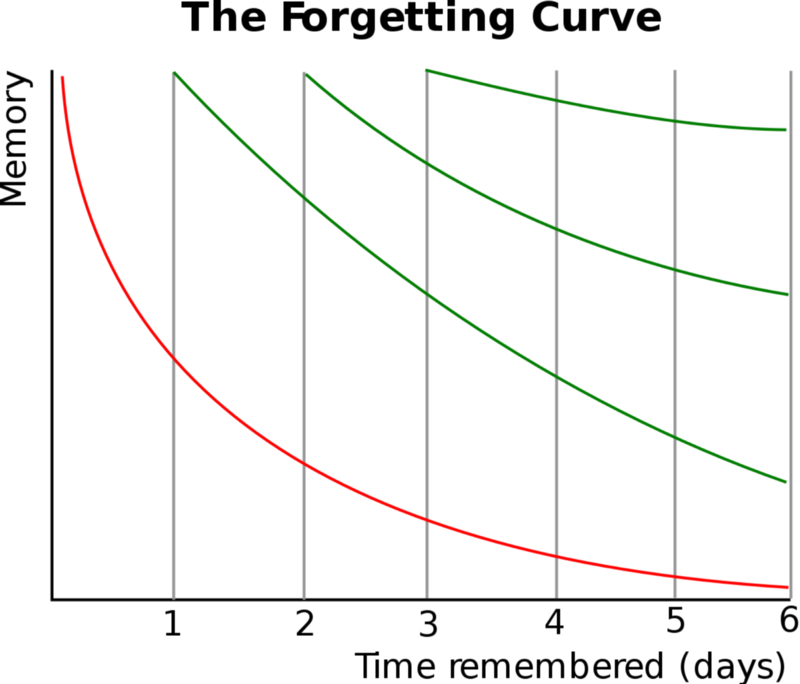
Spaced repetition (SR) learning isn’t new, but its utility once combined with modern mobile phones is. SR relies on a psychological principle first espoused by Hermann Ebbinghaus, a psychophysicist that performed a series of memory experiments in the 1890s. Hermann found that human memory quality followed an exponential decline over time — a phenomenon he termed “the forgetting curve” — and that this exponential memory decline could be mediated by repeated presentations of the subject matter in question. Eventually (after four or five well-timed presentations) the strength of the memory could persist months, if not years into the future.
Today, programmers have utilized this principle to create apps like Anki, ‘smart’ flashcard systems operated by a complex algorithm that space out flashcard presentations so that they show up at the perfect time to ensure you remember them for as long as possible.
This is how I studied for the MCAT, the medical school entrance exam, and it worked — I scored in the 93rd percentile with ease. The kicker? Probably around half of my total studying time was on the bus, since having Anki on my phone let me learn anywhere.
Whether you’re an iOS or Android user, download the app here. Favorite it and put it on your home screen. Get the top 10 pre-made decks here, and start learning on-the-go today. I guarantee it’ll be worth the time investment.

Music is a fantastic companion on-the-go, but are you listening to too much? A 2017 report says millenials listen to approximately 40 hours of music per week, meaning their music consumption rivals a full-time career. And keep in mind, that’s an average — a large chunk of us listen to 50, 60, or even 70 hours per week. Translation? Almost every waking minute of a bunch of millenials lives is spent in dopaminergic bliss. I don’t have to tell you that’s bad, do I?
Human beings are crappy multitaskers. Our attentional capacity works best when focused in a laser-like beam at one task at a time. In essence, our music consumption habits means a large amount of our week is likely spent performing at sub-maximal cognitive capacity. Limiting the amount of music we consume can thus translate to a smarter, more productive life.
Here’s my $0.02: if you’re a heavy listener, stop for two days. Leave Spotify alone for a mere 48 hours — 32 hours of waking time — and see how you feel. If you’re anything like me, you’ll get a pronounced increase in focus and alertness almost instantly. My mind felt sharper and more vibrant, and after my two-day music fast I decided I would remove it completely from my work & commute, and only ever listen to music at home from then on.
It’s worked wonders. Since most of my coworkers drown themselves in music (artificially limiting their cognitive capacity) I’m usually able to do the same amount of work in half the time. This frees up a large portion of my day to work on the things that I want to work on — personal projects, books, and planning out the future. In addition, by replacing music with audiobooks during my commute, I end up reading approximately 14,000 more words per day in the exact same amount of time.
Here’s the truth: self-improvement has always been hard. Phones aren’t a free lunch; the fact that you have the holy grail of bettering yourself in your pocket means nothing if you aren’t willing to put in a little time and energy. Each of the steps I listed took conscious, self-directed effort to actualize. Certainly not an incredible amount of effort, but effort nonetheless.
And if you manage to employ even a single one, you’ll separate yourself from the herd and significantly improve your life.
Truth be told, the bar has never been lower. These technologies were thrust upon us practically unwittingly — the modern consumer had little say in the matter, considering the degree to which carrying a phone quickly became a social & professional necessity. We have, as a result, constructed our phone habits completely unconsciously. But unconscious habits do not make for good living.
Aristotle once said “we are the sum of our habits, and therefore actions make all the difference”. Taking control of the way you use your phone is just the first action — how else will you improve your life?



